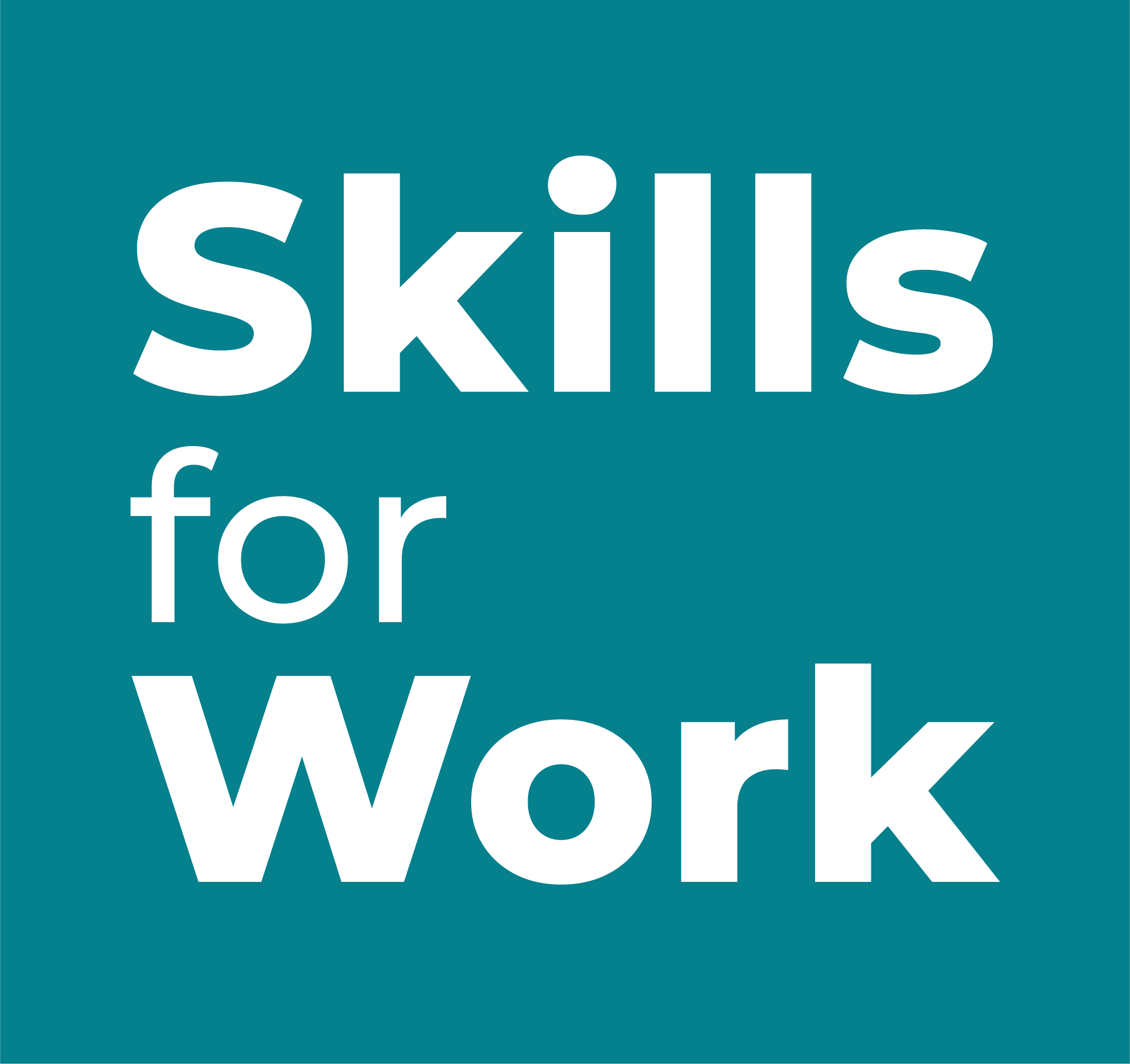How to write a cover letter
Useful tips for writing a cover letter
A cover letter is a document sent alongside your CV when applying for jobs. It acts as a personal introduction and helps to sell your application. A cover letter is necessary as it gives you the chance to explain to an employer why you're the best candidate for the job. You do this by highlighting relevant skills and experience; therefore, you should always write your cover letter with the position you're applying for in mind.
Applications should always include a cover letter unless the job advert instructs you differently.
The general thinking among recruiters when it comes to the length of cover letters is the shorter the better. Typically, three to five short paragraphs, cover letters should not exceed one A4 page. If sending electronically, put the text in the body of the email rather than as an attachment, to avoid it being detected by spam filters.
Remember, cover letters should complement your CV but not duplicate it.
Before writing your cover letter it's important that you do your research. While reading the job description thoroughly is essential, it's often not enough. To help you craft a successful cover letter discover more about:
who will be reading your cover letter
the organisation and its culture
the industry it operates in and any relevant news
company competitors and market position
the organisation's goals over the next five years.
When writing your cover letter keep it brief, while making sure it emphasises your suitability for the job. It can be broken down into the following sections:
First paragraph - The opening statement should set out why you're writing the letter. Begin by stating the position you're applying for, where you saw it advertised and when you are available to start.
Second paragraph - Highlight relevant experience and demonstrate how your skills match the specific requirements of the job description. Summarise any additional strengths and explain how these could benefit the company.
Third paragraph - Cover why you're suitable for the job, what attracted you to this type of work, why you're interested in working for the company and what you can offer the organisation. This is a good opportunity to show off your knowledge of the company.
Last paragraph - Use the closing paragraph to round up your letter. Reiterate your interest in the role and indicate your desire for a personal interview. Now is the time to mention any unavailable dates.
Once finished, read through the letter and cut out any unnecessary words and sentences. Don't fill up space by repeating what's already covered in your CV. As a general rule only mention your current salary or salary expectations if the employer has specifically asked you to do so in the job description. If you're asked to include this information put it between the third and last paragraphs

